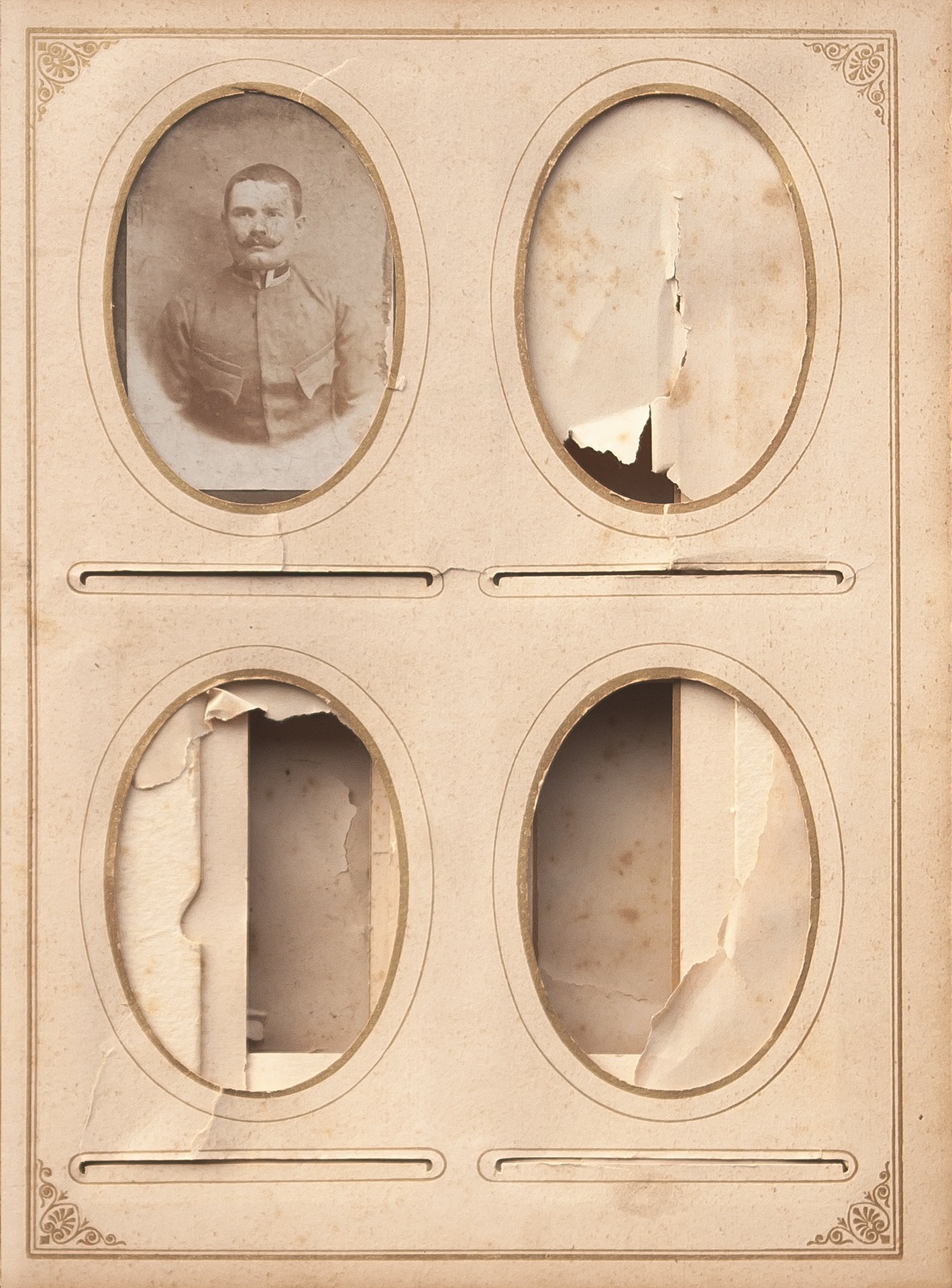Constellation Therapy 4/8: Paternal Line and Field
-
-
Nicola Mackay
What is the significance of the paternal line in family and ancestral constellation therapy? How might a connection to the father be interrupted, and what impact can this have? In the fourth part of her blog series, Nicola Mackay, a clinical physicist turned constellation therapist and researcher, discusses some of the most destructive entanglements she encounters in therapy, and shares how a constellation helped one group member find his place.

Your paternal line is the direct biological connection that flows from you to your birth father, to his father and to his father, and so on through the previous generations of the lineage. The paternal field includes the collective field influences from this direct line, individuals connected with that line, stepfathers, and any other significant non-biological father figures.
The paternal line and field are influential on:
- Land and migration
- Belonging
- Voice
- Money and debt
- Voice
- Victim and perpetrator patterns
- Enslavement patterns
- Addictions
The role of the father and the male line
An interruption to the connection with our father, and to the paternal line and field, is an interruption to belonging both within our family of origin and to our outer world connections. Whenever belonging is interrupted, it changes how we are seen and heard by others in our everyday life and how we feel when we interact with others.
The interruption can be anything from the end of your parents’ relationship in your early childhood, resulting in a loss of connection with your father, to his inability to see you because of the weight of his own entangled trauma.
The cost of the unseen men
Within constellations, the most destructive entanglements commonly are the result of an event where an individual or group is responsible for taking the life of others. When those responsible will not ‘look’ to the victims and see them, the effects will ripple through the line, influencing many generations to come. It can be easier to focus on the perpetration itself and use anger as a defence against ‘seeing’ and grieving.
The legacy of this can include the following entanglements:
- Loyalty to the dead and the missing
- Displacement
- Inability to support a relationship
- Inability to see children or dreams
- A belief of not being worthy of love
- Legacy of anger
- Guilt and shame at ‘surviving’
- Fear of lack
- Perpetration for safety
Ken participated in one of my Ancestral Constellation groups. He was an American married to a French woman and had settled in France with her. Throughout the course of the day he had been pulled into several different constellations as a representative. In each of his representative roles a theme emerged of him being excluded. He represented unseen men, a forgotten love, an abandoned child, and also silence, as the day’s constellations unfolded.
Even within the context of the group I observed Ken holding himself back, and he would actively give up his place for others. I invited him to explore his own family field dynamics within the group.
Both of Ken’s parents were born in the USA, but looking further back down the family lines his maternal family originated from Scandinavia and his paternal family from France and Germany. In discussion about any possible links with war or military service, Ken shared that his maternal line had been involved in the American Civil War and that his paternal line had been involved in WW1.
Within Ken’s constellation, the dominant entanglement was the cost of a broken promise from ‘those who left’ to come back home and liberate ‘those waiting behind’. When the dominant energy comes from ‘those left behind’, then the cost of survival of those that survived, as well as the guilt carried for those left behind, can influence your ability to take your own place and be free to choose for yourself. This is what we observed within Ken’s constellation.
The map changed when the representatives for the civil war and WW1 were included. A further sense of peace and balance was achieved when Ken could connect with the different countries that were holding the space for those left behind and say:
Parts of me come from you.
Parts of me are like you.
I accept those parts.
We’re separate; you belong and I belong.
There is enough now.
I can’t be them for you.
But I do remember.
You are remembered.
I remember you.
I am not the only one who remembers.
We will be focusing on our emotional belonging and some of the dominant entanglements to be found within the maternal line and field in our next blog.